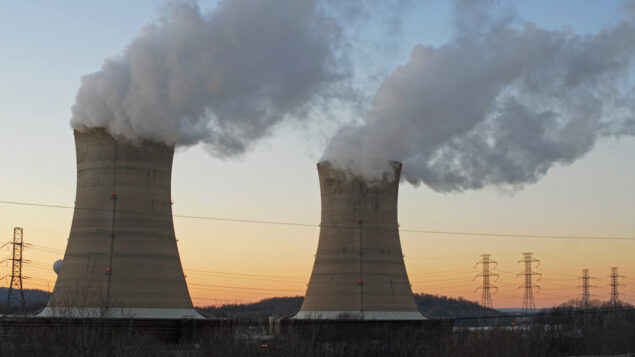Three Mile Island Plant to Reignite with the Power of AI and Nuclear Energy: A Modern Revival
In 1979, the Three Mile Island (TMI) nuclear power plant in Pennsylvania experienced a partial meltdown in its reactors, marking the most severe nuclear accident in the United States. Despite the catastrophic incident, the plant continued to operate with just one reactor until five years ago, when economic reasons forced its shutdown. Today, the site is poised for a renaissance, driven by the transformative power of artificial intelligence and a major financial commitment from Constellation Energy in partnership with Microsoft.
Constellation Energy, the largest operator of nuclear plants in the United States, has announced a $1.6 billion investment to refurbish the recently shuttered reactor. This ambitious project, contingent on regulatory approval, aims to have the plant operational by 2028. Microsoft has pledged to purchase all the energy produced by the reactor over the next two decades, destined for its rapidly expanding AI data centers.
"This is highly symbolic," said Joseph Dominguez, CEO of Constellation Energy, in an interview with the New York Times. "The site of one of the nuclear industry’s greatest failures may soon become the cradle of its resurgence."
The re-energized reactor is expected to generate 835 megawatts—enough power to supply 700,000 homes. Unlike renewable sources like wind and solar that have intermittent energy flows, nuclear plants provide a continuous power supply, operating 24/7 without interruption.
Environmentalists who once opposed nuclear energy have shifted their stance significantly, recognizing its potential to meet the substantial energy demands of AI data centers while pursuing carbon-neutral goals. This shift comes at a critical juncture as global tech behemoths strive to achieve zero-carbon emissions, a goal impractical without nuclear power.
In a further testament to the growing support for nuclear energy, several major global banks announced today the expansion of funding aimed at tripling nuclear energy usage by 2050. This goal aligns with the targets set during COP 28 in Dubai. The announcement, made during the New York Climate Week, saw participation from financial giants such as Abu Dhabi Commercial Bank, Ares Management, Bank of America, Barclays, BNP Paribas, Brookfield, Citi, Credit Agricole CIB, Goldman Sachs, Guggenheim Securities, Morgan Stanley, Rothschild & Co, Segra Capital Management, and Société Générale.
John Podesta, the White House’s chief climate negotiator, emphasized the necessity of nuclear energy in achieving climate goals. "Nuclear energy is clean energy, and if we want a habitable planet with sustainable supply chains, we will need nuclear energy," he asserted.
While some financial institutions have previously been hesitant to invest in nuclear projects due to the associated risks and complexities, the current climate crisis and the relative rarity of nuclear accidents have shifted this perspective.
Historically, nuclear energy has not been without its perils. The Chernobyl disaster in 1986 and the Fukushima accident in 2011 are stark reminders of the potential risks. However, other incidents, such as Three Mile Island, had minimal impact on the local population, with studies failing to reach a consensus on a significant increase in cancer rates.
By revamping the Three Mile Island reactor with modern technology and AI, Constellation Energy and Microsoft are not just reigniting a power plant but also symbolizing a broader shift toward recognizing and harnessing the potential of nuclear energy in a modern, technologically advanced world.
For more details about Constellation Energy’s nuclear plants, you can visit their official website.
This article did not include an authorship mention and integrates recent contextual information to provide a comprehensive understanding.
